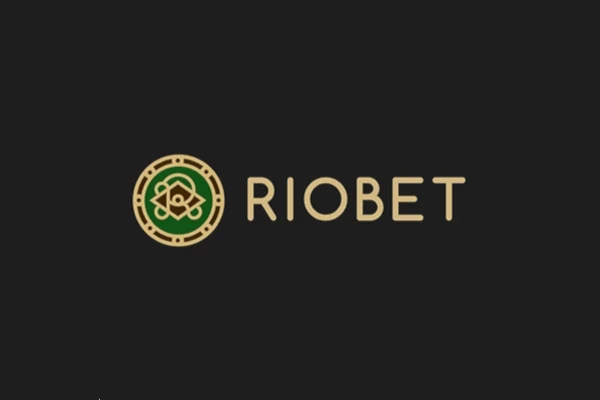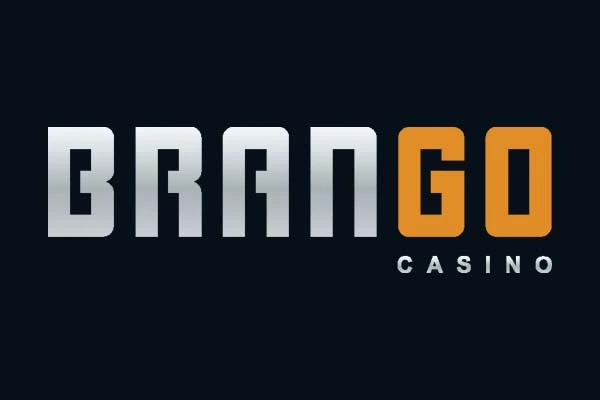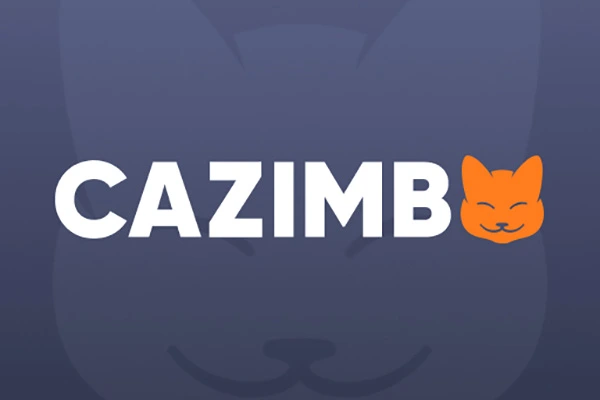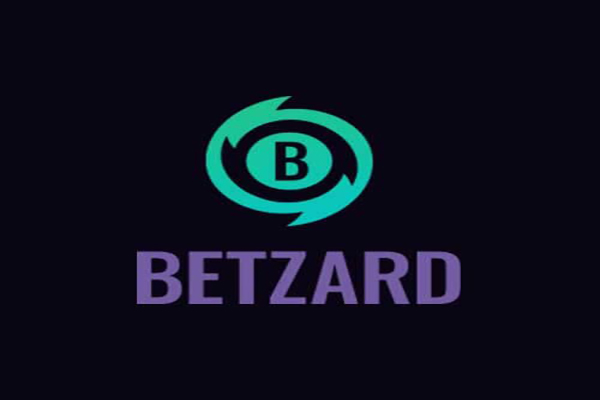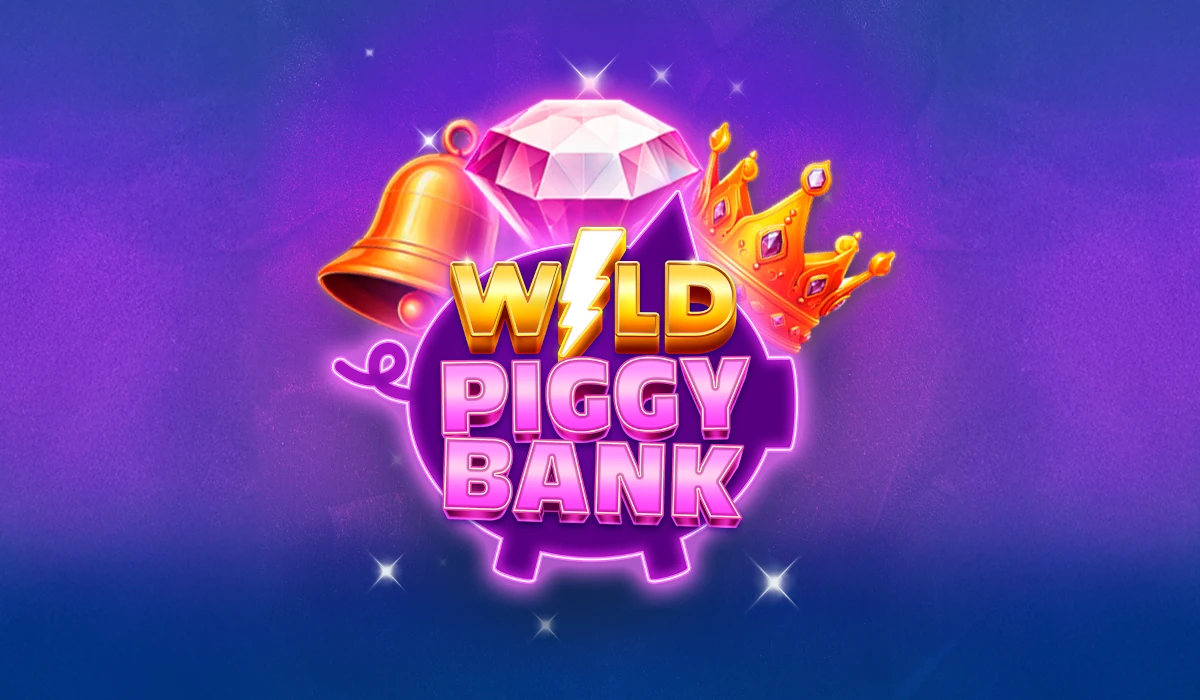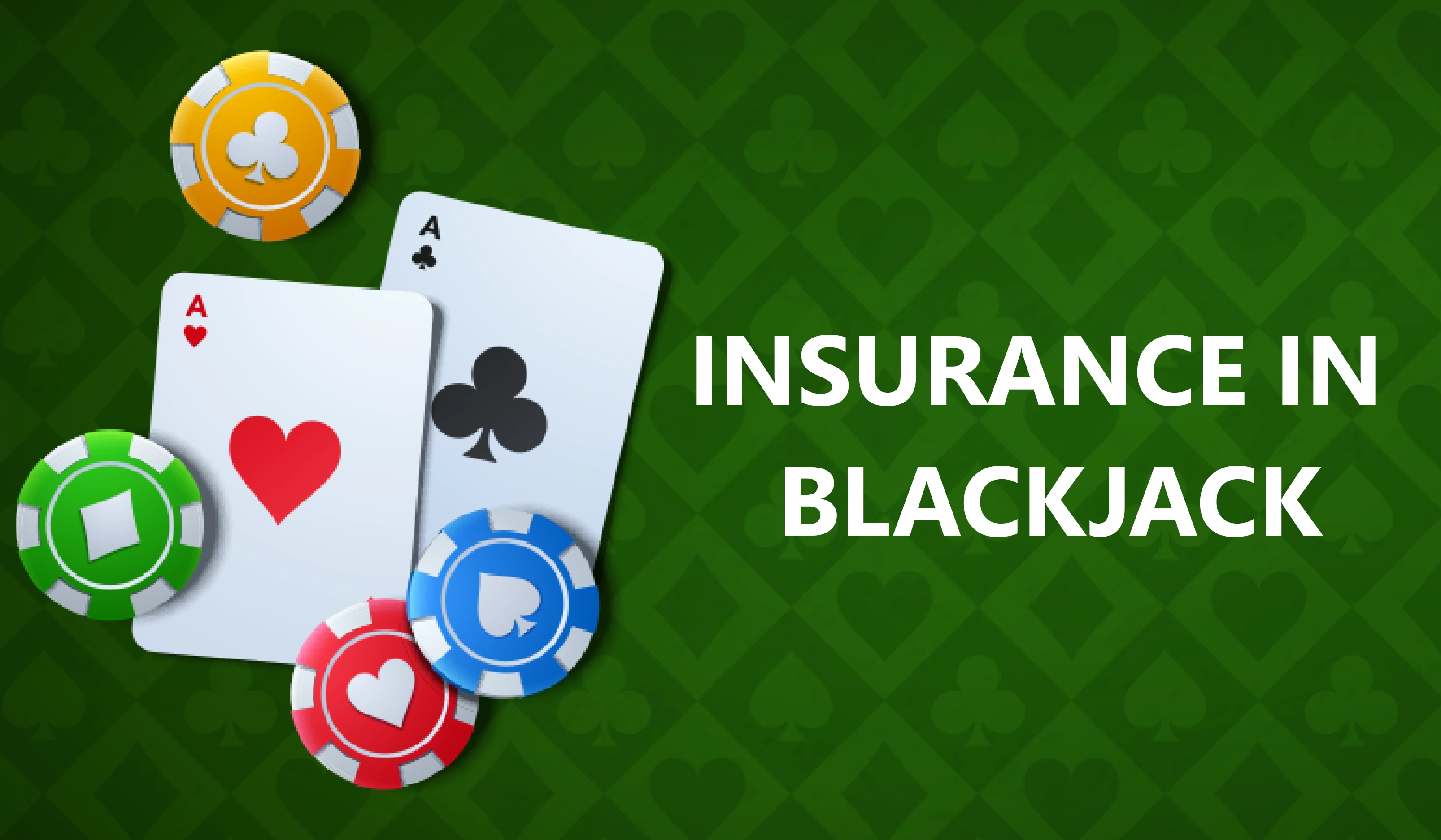
Insurance in Blackjack: What It Is & How It Affects You
🗝️ Key Takeaways
- Blackjack insurance is a completely optional side bet you can place when the dealer’s face-up card is an ace. This side bet serves as insurance for you when the dealer has a blackjack.
- Sadly, the insurance bet usually loses you 50% of your original stake. You’re doomed to lose under British casino regulations.
- Mathematical proof demonstrates that for the average player, cashing in an insurance policy results in less loss. Unless you’re a true expert at card counting, you should not make this foolish decision.
- A lot of players are under the false impression that by betting on insurance, they either protect the entire hand or simply guarantee a return. In truth, it’s really a bet on the dealer’s hands, not theirs.
- In the UK, online and land-based casinos offer insurance on the same basis. Their house rules can be a little bit different, so it pays to know each casino’s policy.
- So, to have the best possible long-term outcome, don’t take insurance. Put your money to better use by learning basic blackjack strategy and developing a smart bankroll management plan.
Insurance in blackjack is a side bet players can place when the dealer has an ace exposed. To accept insurance, players wager half of their original stake. If the dealer actually possesses blackjack, insurance bets pay out at two to one.
Otherwise, the insurance wager is forfeited, but the primary hand operates normally. Insurance is an age-old side bet in blackjack, but most UK casinos include insurance within the standard rules of blackjack.
Most new players are under the impression that buying insurance protects against significant losses, but the odds rarely work in their favour. This post informs UK players on whether taking out insurance is worth it.
It explains how insurance works, what the risks are, and the math that goes into making that decision. The next three sections address each of these issues in turn.
🃏 What Exactly is Blackjack Insurance?
Blackjack insurance is a side bet that occurs at an interesting, pivotal time in the game. When the dealer displays an Ace, players should take advantage of this opportunity and place an additional insurance bet. The table really wants this cool option to succeed!
The concept, while straightforward, is frequently mischaracterized. Rather than betting on the outcome of your own hand of blackjack, you’re betting that the dealer’s facedown card is a ten. This would create a dealer blackjack out of their two cards put together.

1. Defining the Insurance Side Bet
Insurance is not a primary wager. It’s a side bet, distinct from your primary wager. You’ll have the option to make this side bet only if the dealer displays an Ace.
If you take it, you are betting that the dealer’s next card will be one of the four ten-point cards: ten, jack, queen, or king. It’s a form of insurance against losing to a dealer blackjack, and understanding the blackjack insurance rules is essential before placing this wager.
2. When Casinos Offer This Wager
This is what you should expect to see offered at nearly all UK casinos and online tables dealing regular blackjack. The option is only available if the dealer’s up-card is an Ace.
This is the moment players can purchase insurance immediately, before any additional cards are dealt — typically at the beginning of one of the rounds.
3. The Stated Purpose vs Reality
Casino market blackjack insurance as a protective measure to protect your bet against the dealer having blackjack. In reality, the odds are stacked against you.
Their chance of the dealer getting blackjack is approximately 31%. The advantage for the house on this wager is significantly greater than the main game, approaching 7%, which diminishes the benefit of taking insurance unless you're counting cards.
4. How Much Does Insurance Cost You
The cost is consistently double the value of your initial bet. For instance, if you made a bet of £10 on your hand, the insurance bet would cost you £5.
This is typical in both land-based and online casino environments. Players must weigh the benefit of potential protection against the odds of the dealer revealing a face card.
5. Understanding the Insurance Payout
If the dealer’s hidden card is a ten-point card, insurance pays out at 2:1 odds. Thus, a £5 insurance wager pays £10 when the dealer has blackjack.
If the answer is no, you forfeit the insurance, but you are able to continue playing your original hand in subsequent rounds.
🔍 How Does Insurance Work?
In blackjack, insurance is a supplemental bet made available to players when the dealer’s up card is an ace. This option lets players place a separate wager, up to half their main bet, on whether the dealer has a natural blackjack. The dealer will then check their hole card to see if they have a blackjack. If it is a ten value card, insurance pays 2 to 1. If there isn’t one, the insurance wager is forfeited, and the hand continues as usual.
The purpose of insurance is to minimize your losses when the dealer flips a blackjack. For example, if you stake £20 and place a £10 insurance bet when the dealer’s hole card is a ten, you will get a £20 payout from your insurance bet. This payout replaces your initial loss. While this may seem like a generous safety net, the maths is rarely in the player’s favour regarding blackjack betting.
In a standard deck, after the ace is revealed, there are still sixteen ten-value cards. This would give you more than a one-in-three chance of the dealer hitting a blackjack. The payout isn’t even close to aligning with those odds, so players are guaranteed to lose money on insurance in the long run.
In-person and blackjack online insurance bets are prevalent in UK casinos. Other players choose to take insurance as a way to hedge their risk. In reality, it’s a bet that experienced players with developed blackjack skills hardly ever make.
The house edge is 8.33% on insurance as opposed to an average of 0.5% on a normal hand. This makes it a better bet for the casino than for the player. The only time insurance is the correct play is when you are card counting and you know there is a high likelihood of the dealer having blackjack.
🛡️ Placing an Insurance Bet Step-by-Step
When the dealer shows an ace as their up-card in blackjack, every player at the table can place an insurance bet. This side bet, which is one of the many blackjack betting options available in the game, is only offered in limited instances. The ace increases the probability that the dealer might have a hidden blackjack in their face-down card, making it a crucial moment for gambling enthusiasts and blackjack online players alike.
To buy insurance, a player places an insurance bet on the designated insurance line. This bet is capped at 50% of their original wager and is typically noted on the felt. The mathematics behind this decision is straightforward: the chance the dealer has a blackjack is around 31%, with odds of 9:4. An important aspect that players must keep in mind is that insurance only pays out if the dealer's face-down card is a ten-value card, which creates the potential for a natural blackjack.
With insurance, if the dealer does show 21, the insurance wager results in a payout at 2:1 odds. So, for example, if an individual’s maximum bet is £10, they can stake a maximum of £5 against insurance. If it turns out the dealer has blackjack, that £5 pays out £10, helping to alleviate the loss on the main hand and protecting their potential profits.
In case the dealer fails to draw a blackjack, that insurance bet is forfeited immediately. The figures over time indicate that, unfortunately, for every pound you spend on insurance, the average loss is only 8.75 pence. This means the insurance bet is an easy wager, but a bad one for most players.
Gamblers who excessively bet on insurance, believing it protects them, may find their earnings significantly reduced. The only real benefit from insurance occurs in that rare instance when the dealer draws a 21 exactly, making it a gamble that requires a solid blackjack strategy and sharp blackjack skills to navigate wisely, something players can refine through free blackjack practice or simulated games.
🧮 The Hard Maths Behind Insurance
Blackjack insurance is often marketed as a smart way to protect your original bet, but the reality is much different. This section delves into the math behind the blackjack game, revealing the true odds and demonstrating why many blackjack players find betting on insurance to be a poor decision, ultimately leading to an expected loss.

🎲 Why the Odds Are Against You
The dealer is up with an Ace showing. You can safely assume that their hidden card is a 10, containing tens, jacks, queens, and kings. Only sixteen ten-value cards are left in a standard deck of fifty-one unseen cards.
This implies the probability that the dealer has blackjack is approximately 31.5%. In the remaining 68.5%, you lose the insurance bet completely. This ongoing disparity leaves you at a disadvantage right from the get-go.
📊 Calculating the Expected Value (EV)
Calculating the expected value (EV) is a critical concept for understanding the risk and reward of each bet. The insurance wager has a payout of 2:1, but the maths says it is not a fair trade.
Whether you wager on insurance $2 or $200 at a time, you lose $70 for every thirty-five times the dealer misses blackjack. You win $64 the other sixteen times, collecting the 2:1 payout.
Here’s where things get bad… That’s a $6 net loss. Take that $6 and divide it by the $102 total you bet, and you have a house edge of roughly 5.9%. In the long run, the house always wins.
🔑 Deck Composition: The Key Factor
Card counting can affect these numbers. If more ten-value cards are left in the deck, your chances increase. Due to the multi-deck and shuffling rules in play at most casinos across Britain, tracking deck composition is extremely difficult.
The house is well aware of this, making the insurance bet so profitable for them to take.
🔢 Is Insurance Ever Mathematically Sound?
In other words, insurance only makes mathematical sense if you know that the dealer actually has blackjack. So in normal play, the odds and payouts don’t make the bet worthwhile.
It’s simply not worth the risk for the majority of players, and they should stay away.
💸 Common Reasons Players Take Insurance
Players have many options at the blackjack table, and insurance is the most misinterpreted side bet. Most players are used to thinking about insurance as a defense mechanism against something going wrong. The reasons players buy it are based on psychological tendencies and misperceptions more than sound strategy.
Below, we unpack some of the primary reasons players take insurance and where these misconceptions stem from.
🃏 The "Protect My Hand" Fallacy
One of the most common reasons players take insurance is the idea that it saves a bad hand from going bust. Take a situation where a player has 16 against a dealer’s Ace - the temptation to insure here is high. The logic seems simple: if the dealer has blackjack, at least the loss is smaller.
All this misses the critical math behind it. The “Protect My Hand” Fallacy is that insurance is an additional bet against the dealer’s hole card, not insurance for your hand. Over many rounds, this strategy will result in greater losses, as the player is not on the right side of the odds.
⚖️ Misunderstanding "Even Money" Bets
Players sometimes take insurance when they hold blackjack and the dealer shows an Ace, thinking “even money” is a safe and profitable play. In reality, “even money” is just a different name for insurance.
Generally speaking, selecting this option will provide lower expected returns than just standing pat. This misconception comes from misunderstanding how insurance bets work in relation to the primary bet.
🔮 Gut Feelings and Misplaced Hope
Many players go with gut feelings instead of logic when they aren’t sure how to play. When stuck between a rock and a hard place with no good options, they will often purchase insurance in the hope that the odds will turn in their favor.
Without a grasp of the odds, such as the actual frequency of a dealer’s blackjack, these bets are usually based on hope rather than reason.
♠️ The Card Counter's Exception
Card counters rely on counting systems to keep track of the relative composition of the deck. When the actual count is +4 or higher, the deck is rich in tens. This makes taking insurance mathematically sound.
These players are an exception, and their decision is a product of skill, not luck or misunderstanding.
🎰 Insurance Compared to Even Money
Every time players are offered insurance bet options in blackjack, they’re taking the bet. What they’re betting on is that the dealer is going to have a natural blackjack, which is an Ace and a ten-value card as their hole card. The insurance bet returns 2 to 1 if this proves to be the case.
A sobering truth is that the players are likely to lose more often than not. Statistically speaking, when the dealer shows an Ace, the likelihood that they have a blackjack is around 31.5%. This means that players tend to lose the insurance bet more frequently than they win, making it a challenging aspect of playing blackjack.
So let’s cut to the chase. If you bet £10 on insurance, the average payout is just £5.13 on each £10 bet. This leads to a devastating 48.7% loss rate over their careers. That’s why most experienced blackjack players steer clear of insurance entirely.
The concept of basic strategy shows that it’s almost never a smart play unless you have a very high knowledge of the deck’s composition. Card counters—people who keep track of the ratio of ten-value cards remaining in the deck—sometimes utilize insurance as a strategic weapon. Insurance becomes a good bet only when over one-third of the remaining cards are tens.
For the majority, however, this is not feasible and results in consistent deficits. The concept of “even money”—a payout of 1:1—was introduced when a player has a blackjack and the dealer has an Ace facing up. In games with a 6:5 payout for blackjack, taking even money is a fair choice, but with standard 3:2 payouts, refusing insurance and risking the dealer’s blackjack yields a better long-term return.
In summary, even money seems secure but has a higher cost than the savings over numerous iterations, making it crucial for players to understand the implications of their original bets.
💡 VistaGamble’s Verdict: Should You Take Insurance?
Blackjack insurance might seem irresistible at first, especially when the dealer has an Ace face-up. Many blackjack players view it as a safety net, but the true odds and actual results are much more grim. To assist you in making this decision while playing blackjack, here are the facts and reasonings behind the insurance bet options.
❌ Why Basic Strategy Says No
Basic strategy, borne from decades of equations and experimentation, tells players to stay away from insurance. The core reason is simple: insurance is a bet on the dealer having blackjack, not on your hand. Most times, the odds are stacked against the player.
The dealer will often be less likely to have a 10-value card in games using six or eight-deck. In reality, the odds are even worse—less than one in three. Insurance only pays out 2 to 1. In the long run, you’ll lose far more than you win.
To date, players have lost well over 50% of their insurance bets, so this adds up. The house edge increases—at times to as high as 8%—which compounds the difficulty of winning money.
❗ The Very Rare Exception Explained
A very small population of expert players—those trained in card counting—can identify when a disproportionate number of 10-value cards are left in the deck. When this is the case, taking insurance can be the wise decision.
For the overwhelming majority, the numbers don’t add up. You may have a powerful 18 hand or a feeble 13 hand. It doesn’t change the dealer’s odds of making a blackjack themselves.
💸 It's a Bet on Their Hand
Insurance is not a hedge for your hand. It’s a new gamble, predicated solely on the dealer’s likelihood of getting a blackjack. Despite the 2 to 1 payout, the casino’s inherent advantage remains intact.
Across enough hands, this adds up to consistent bad beats for the majority of players.
🏦 Blackjack Insurance Practices in the UK
Blackjack insurance is a side bet that is only available when the dealer’s up-card is an Ace. Players can take an insurance bet, betting on whether the dealer’s hidden card is a ten or a face card. If they make the right choice, they might watch their dealer hit a blackjack!
British casinos, both land-based and online, are heavily regulated about when and how they can provide insurance. They do some surprising things that make their practices stand out from other parts of the country.
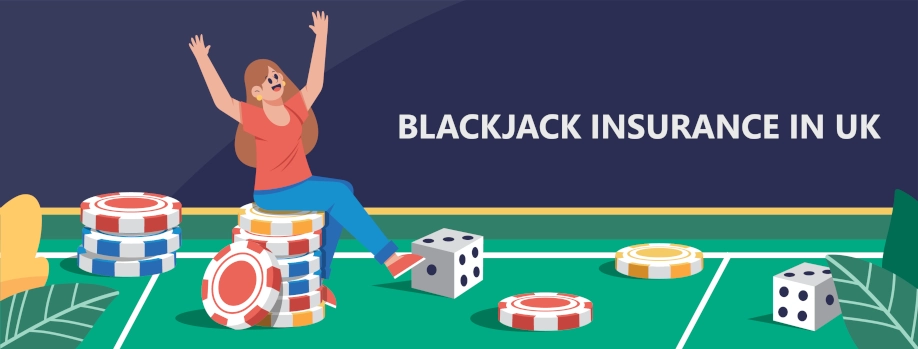
📜 Standard Rules in British Casinos
Most UK casinos follow a standard guideline of rules. Only insurance is available when the dealer presents an Ace. Further, the bet is limited to a maximum of half the player’s initial wager.
If the dealer possesses a blackjack, the insurance wager offers a payout at odds of 2 to 1. So, say you have made a £10 bet on insurance, you would win £20 if the dealer’s hand is blackjack.
The maths behind it is very much against the player. The combined house edge varies from 5.8% in a single-deck game to 7.5% in an eight-deck game. This is more than double the house edge on a regular blackjack wager.
Players holding a natural blackjack may not take insurance. They already have the opportunity to win 3 to 2.
⚖️ Online vs Land-Based Differences
UK online casinos frequently automate insurance provision, so it’s available at the click of a button. In-person venues depend on the dealer’s call. The odds and limits remain the same.
On online platforms, players may be warned they should not play, or informed of the odds, an intervention that typically does not exist on the casino floor.
🌍 Any Notable Regional Quirks?
Many UK venues employ signage to remind players that the insurance bet has bad odds. Good players will often use card counting to determine when to take insurance.
While this is unusual and not recommended, they count on this tactical play when the deck is rich in Tens.
🧠 Smarter Plays Than Taking Insurance
To understand why insurance is a bad bet in blackjack, it helps to have a little backstory. The insurance bet may seem attractive when the dealer turns up an Ace. However, the math doesn’t add up to a winning strategy for the player. The house edge on the insurance side bet differs drastically across the UK casinos.
This varies from 5.8% in the single-deck games to more than 7.5% in the eight-deck games. In contrast, when played with good basic strategy, the primary game allows the casino to maintain a 0.5% house edge. That’s a huge improvement and illustrates how making smart, disciplined, data-driven decisions leads to better outcomes more of the time.
🃏 Master Basic Blackjack Strategy First
Learning basic blackjack strategy is the first step any player serious about taking more control of their outcomes should take. Using it reduces the house edge and provides you with consistent results in the long run. If you are dealt two 10-point cards, the math is simple.
Do not assume the dealer will have another 10-point card! Until the odds are stacked against you, insurance will not be able to pay for that risk over the long term.
📋 Find a Good Blackjack Cheat Sheet
A cheat sheet with the correct plays for every blackjack hand against each dealer upcard is a valuable tool, especially for new blackjack players. These guides are available in every UK casino and online, helping you make optimal blackjack strategy decisions to avoid impulsive choices.
💰 Focus on Bankroll Management
Bankroll management goes hand in hand with making smarter plays than just taking the insurance. Know how much you can afford to lose before you play, and don’t exceed that limit. Never chase after losses or gamble outside your means.
This slow, methodical process allows you to play more hands and carefully think through your decisions.
🎯 Consider Surrender (If Available)
Not all UK casinos offer the surrender bet, so check before playing. This enables you to surrender half your wager rather than go up against a bad hand. Sometimes surrendering is a better play than taking insurance.
This will be particularly the case when the dealer shows a strong upcard and you have a weak hand too.
🛑 Disadvantages of Insurance Betting
On the surface, insurance betting in blackjack is pretty straightforward. Its disadvantages usually trump its attractiveness once you examine the math behind it.
When a dealer reveals an ace at most UK casinos, the table will provide an insurance option. In this insurance bet, players can wager ½ of their original bet against the dealer showing blackjack.
On its face, this is a nice way to limit your losses. In practice, however, the odds rarely go your way. Insurance pays 2 to 1 against winning. The actual odds of the dealer turning up a ten-value card are much worse, because a real deck only has sixteen tens in fifty-two cards. This creates a long-term negative expectation for most players who take insurance regularly.
Insurance can have infrequent moments of viability for card counters or players with an extensive understanding of deck composition. For most, this wager becomes a one-way road to a player's disadvantage.
In actual live action, it bleeds chips in the long run rather than preserving them. For example, over one hundred hands, if you always take insurance, you can expect to lose more than you gain. The allure of a silver bullet lures countless newcomers.
Frequent players soon discover it’s not a good play, except in extremely uncommon scenarios.
In addition to that, insurance interrupts the rhythm of the game, pulling attention from good strategy. No longer focused on best play, players are lured away by side bets, killing their chances of winning.
For the majority, the decision is obvious—avoid insurance and focus on the fundamentals of effective blackjack strategy.
🔒 Conclusion
Overall, blackjack insurance can be a safe bet. Most players in the UK are hard pressed to get any value back on it. The math simply doesn’t add up for consistent victory. Taking insurance is usually one of the first steps that eats into your bankroll without you realizing it.
The maths behind it stays clear: the house edge does not budge. Most experienced players avoid insurance and choose to play it safe. UK casinos have a tendency to stick to the same house rules, so you should find insurance on offer at almost every table.
To play profitably over the long term, all you need to do is master basic blackjack strategy and understand the odds of every bet you make. Find out more casino tips and simple casino game strategies here on our blog.
Frequently Asked Questions❓
What is blackjack insurance?
Blackjack insurance is a crucial side bet available only when the dealer shows an Ace, allowing players to wager half of their original bet. If the dealer has a blackjack hand, this insurance bet pays 2:1, enhancing the blackjack experience.
Is taking insurance a good strategy in UK casinos?
Take insurance No, this is almost never a good play in the blackjack game. Statistically, insurance betting is a bad bet because it raises the house edge. Even most experienced blackjack players stay well clear of it without being highly competent card counters.
How do you place an insurance bet?
If the dealer is displaying an Ace, they will inquire if you would like to take an insurance bet option. To place this insurance bet, you put down chips worth half your original wager on the table’s ‘insurance’ line.
What does “even money” mean in blackjack?
In blackjack, 'even money' means you receive a 1:1 payout on your original bet, avoiding a push if the dealer has a blackjack hand.
Can you take insurance in online blackjack games in the UK?
Yes, you can take insurance bet options in online blackjack games in the UK. Just like in land-based casinos, when the dealer’s up card is an Ace, most online blackjack platforms will offer players the chance to place an insurance bet. Besides that, the blackjack rules and payouts are exactly the same as in land-based casinos.
Why do players take insurance bets?
Most blackjack players dread the thought of losing their initial stake if the dealer has a blackjack hand. Some players enjoy the security of blackjack insurance work, but financially taking insurance is often unwise.
Does card counting make insurance worthwhile?
Only advanced blackjack players, who keep an idea of how many high cards remain in the deck, can occasionally make blackjack insurance work. For the majority of gamblers, this side bet should be avoided.





















